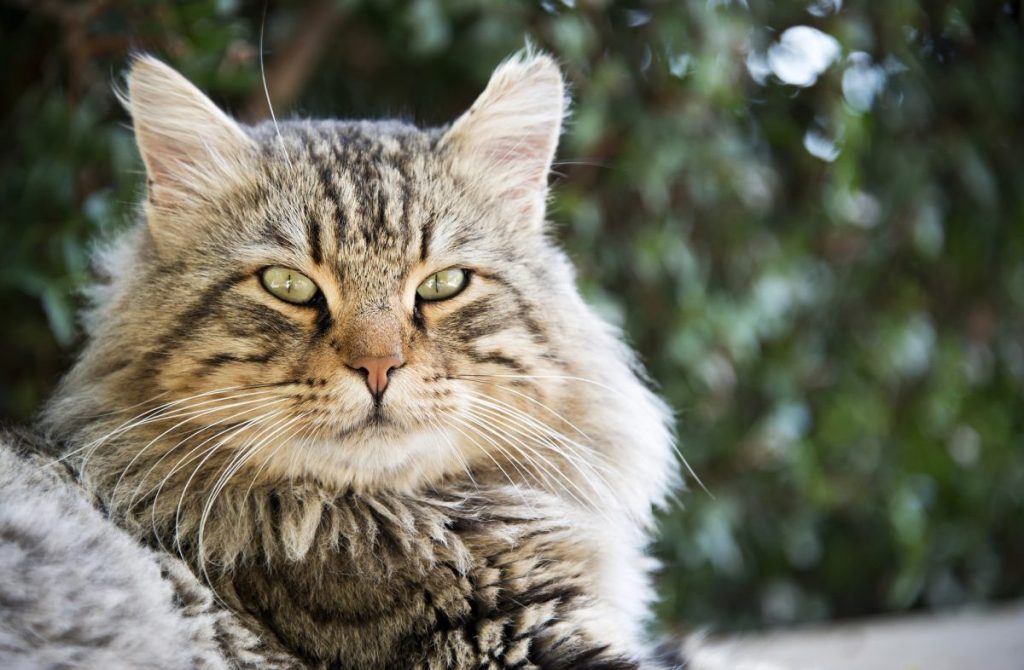The Aphrodite Giant, also known as the Cyprus cat, is a natural cat breed, meaning they developed without the need for human intervention. These Cypriot felines are known for being gentle, loving, and intelligent. They’re also known for being quite large and robust.
The Aphrodite Giant is a muscular-looking cat. But despite their athletic stature, they’re total sweethearts.…



